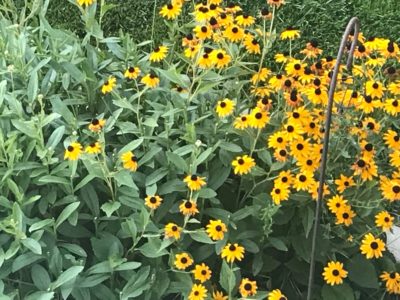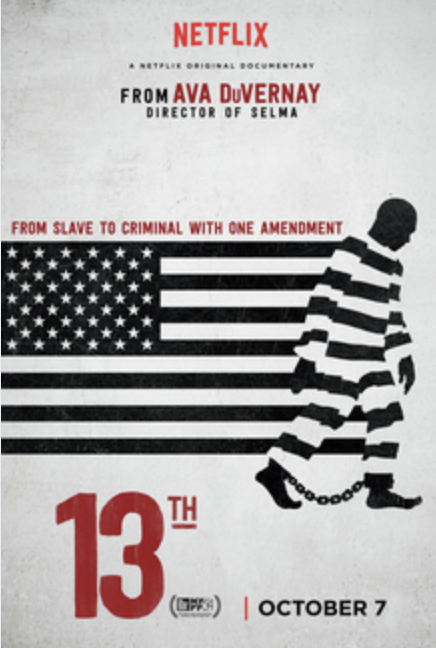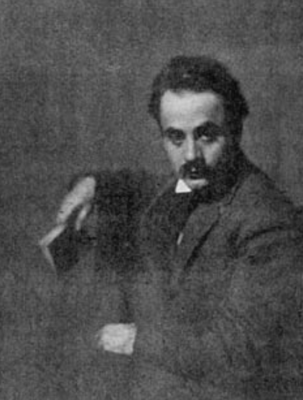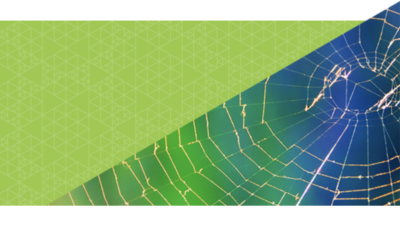
September has always marked a significant moment for me in the calendar of changes. It’s close in impact to a new year change. The why of September’s impact, like it is for many, is having grown up in a school system in which the new grade started in September. Yup, end of summer, and back to school. My mom made it a tradition to take a picture of my sister and I on the first day of school. Before we would walk to Braemar Elementary. In the picture, often holding up the number of fingers to indicate what grade we were now entering.
I remember as a kid, and into my teen and young adult years, liking the transition. Sure, I also remember a fair amount of sadness that summer was over. Because summer was the time when we got to go on holiday with parents, with grandparents. Summer was being with cousins. And summer, where I grew up in Edmonton, Alberta, was also, somewhat jokingly, three weeks long. I was the kind of kid / teen / young adult that appreciated the shift. I was glad for the school year to end. But I was also glad for a new one to begin. New friends. New subjects. New teachers. I liked it when summer started — there is undeniable “schools out” fever. I liked the shift to a summer job. And then, in late August and early September, I like the shift from that summer job back to classmates and a part-time job.
Well, September doesn’t actually sneak up on anything, but it does feel like a rather abrupt turn. “How did it get to be September already?” The brain will catch up.
This morning I find myself reflecting on that old narrative of change from summer to September. Because that shift also included some regrets — did I do enough in the summer? Because now it’s time to get back to work. Did I do enough of what people are supposed to do in the summer, before getting back to work (no, I don’t know what that means — I just remember feeling it)? It’s a bit of a weird story line, isn’t it. It’s got a fair amount of trying to assure or assuage some fear of “not enough.” Oh dear, now there’s and old and pervasive story line from my life, and I know, for many of us.
With adult life, often comes the ability to change the way we think about change. Or to re-narrate, and sometimes release, the old stories of what was supposed to be. If we are lucky, we find ourselves into more conscious choice of what a season of life meant. Or what it meant in memory that is now available as another choice.
Well, those are a few thoughts on a Monday, Labor Day, where I live, the start of the first “work week” of September, 2019. With little pangs of sadness that summer is shifting, but with grown desire to be in a joy of what is more permanent, and a joy in what shifts. And with appreciation for the simple, far-less-calendared reality of things like these Black-Eyed Susans growing in my front yard, that have been astonishingly plentiful this year.




